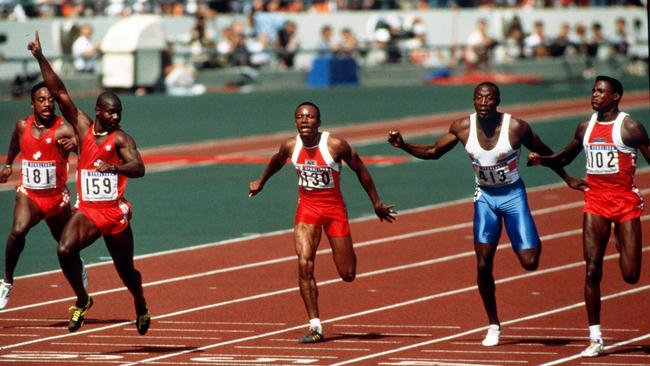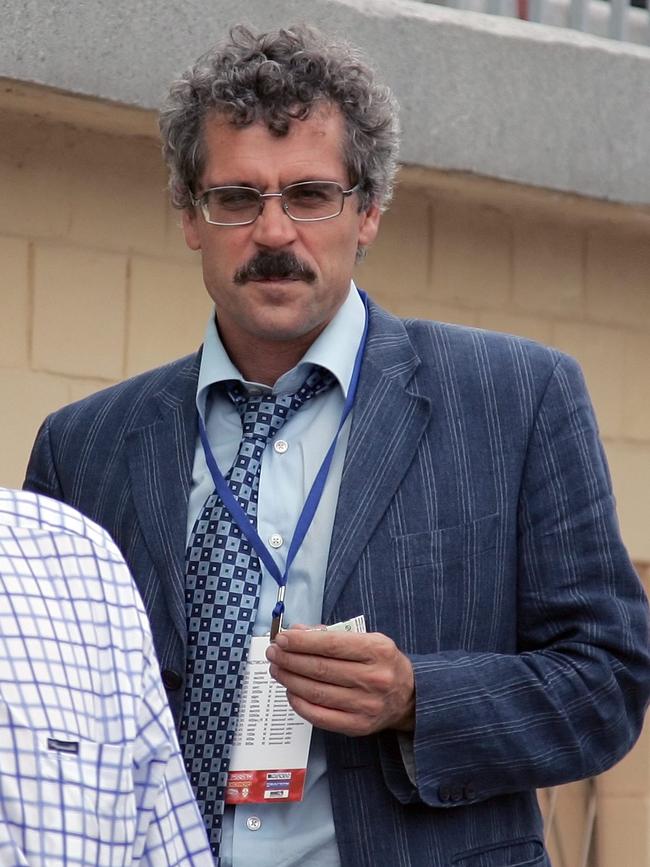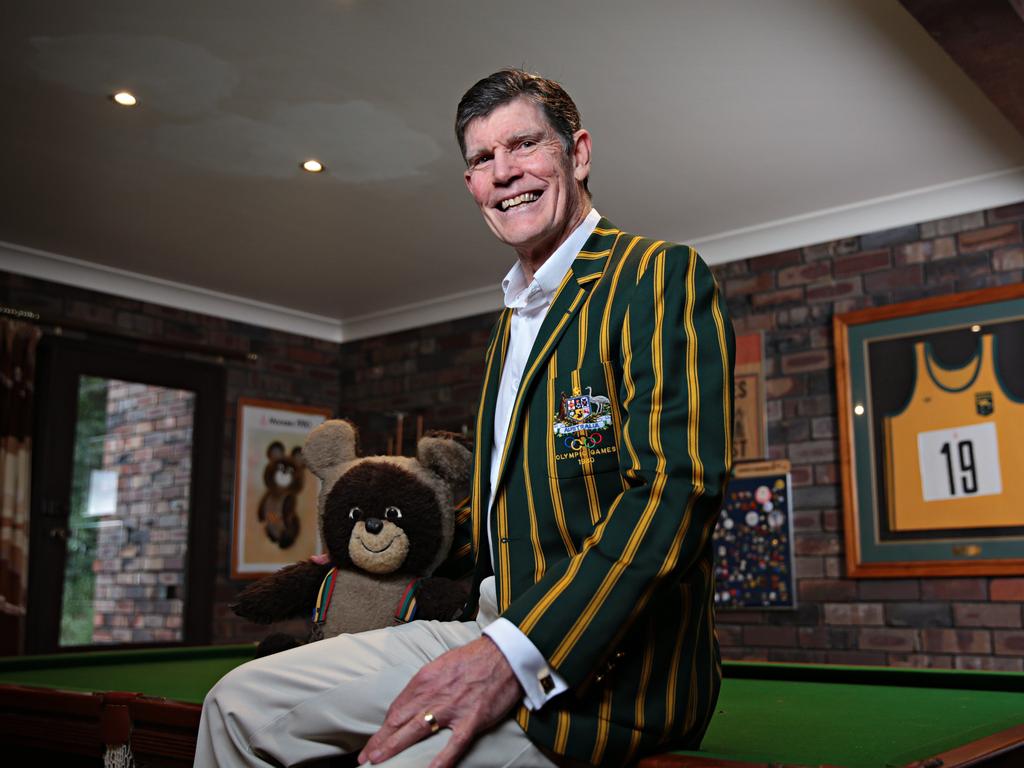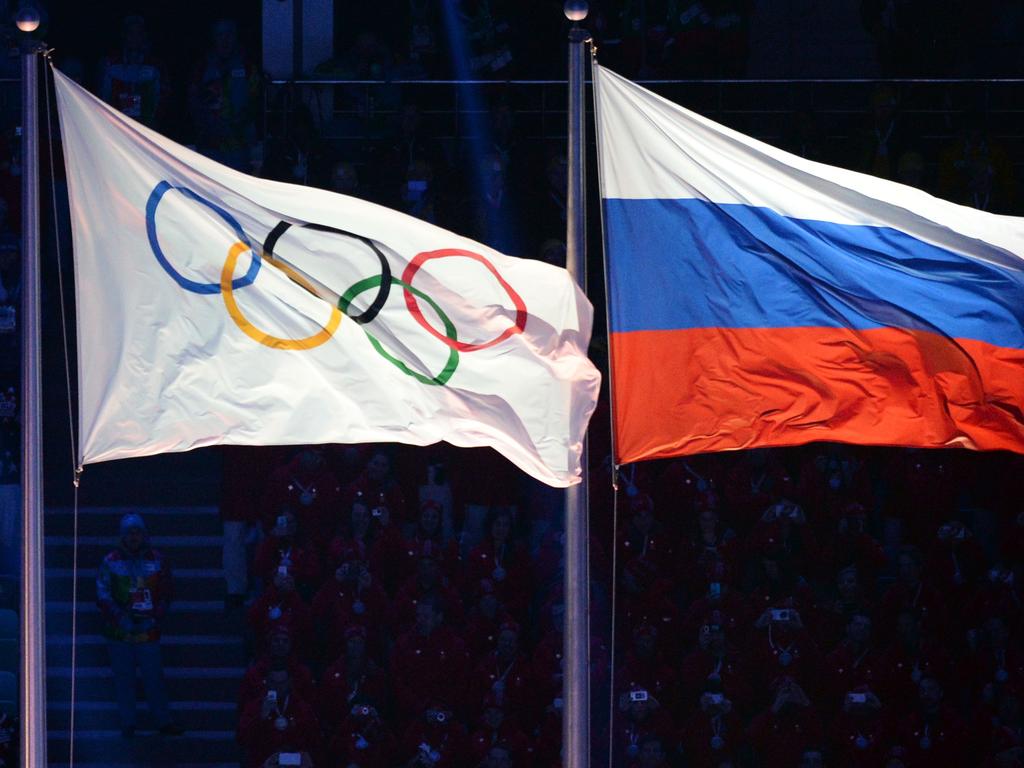Rodchenkov: USSR withdrew from 1984 LA Olympics over drug fears
The Soviet Union withdrew from the 1984 Olympics in Los Angeles because it feared fresh developments in the American drug testing regime.

The Soviet Union withdrew from the 1984 Olympic Games in Los Angeles, not because of a tit-for-tat retaliation for the boycotted Moscow Olympics four years earlier, but because the country feared fresh developments in the American drug testing regime.
Then, when Canadian sprinter Ben Johnson attended the Goodwill Games in Moscow in 1986 – the multi-sports extravaganza staged to help restore Russia’s sporting identity – his positive test result showing steroids was covered up.
This was two years before Johnson went on to win the Seoul Olympic 100m final ahead of arch rival Carl Lewis, only to be sensationally scrubbed out because of testing positive to the steroid stanozolol.
These explosive claims are made by Grigory Rodchenkov, the former head of Moscow’s drug testing laboratory. Rodchenkov was the whistleblower who revealed the story about how he swapped dirty urine samples for clean ones during the Sochi Winter Olympics in 2014 – and then defected to the United States.
Now he has written a book called The Rodchenkov Affair to be published later this week, unveiling a generation of nefarious activities involving Russian athletes, their drug taking and how, from the Kremlin down, there was a vast conspiracy to con the world.
In extracts that have been published in the British newspaper, the Mail on Sunday, Rodchenkov said in 1984 the USSR boycotted the Los Angeles Olympics because of fears that the American drug testers had developed sophisticated testing regimes. This runs counter to the prevailing view the Soviets were politically retaliating against the United States, which had boycotted Moscow in protest of the Soviet invasion of Afghanistan.

Rodchenkov says the Politburo pulled the Olympic participation when Los Angeles officials refused to allow a Soviet ship to enter US waters. The ship was going to carry a secret drug testing laboratory for Soviet officials to test Soviet athletes before they competed to ensure that drugs had cleared their system in time to pass the American tests.
Rodchenkov writes: “The Soviets had been planning to hide a doping control laboratory on board a ship in the Port of Los Angeles during the 1984 Olympic Games, after (International Olympic Committee medical official) Manfred Donike and (US Olympic laboratory chief) Don Catlin announced they would be able to detect all — including stanozolol and testosterone — at the LA Games.
“Testing athletes before their departure wouldn’t suffice — the Soviet sports czars had to have their own on-site laboratory in order to ensure that no dirty Soviet athletes made it to the starting lines.
“When Los Angeles wouldn’t allow our ship to enter the harbour, that was the last straw. The Politburo pulled the plug and boycotted the Olympics entirely.”
But in 1988 at the Seoul Olympics, there was no such issue: Rodchenkov was in charge of the secret laboratory on a nearby ship testing all of the Soviet athletes before their events.
Rodchenkov had also been involved in the drug testing at the first Goodwill Games in Moscow in 1986, which featured 3000 athletes from 79 countries, including the star sprinter Johnson, who, he said, tested positive.
“Doping control analysis at the Goodwill Games turned out to be a formality,” Rodchenkov writes.
“Our laboratory uncovered 14 positive results, but apparatchiks from Goskomsport (the Soviet Ministry of Sport) chose not to report them – no one wanted to besmirch ‘alternative Olympics’.”
The explosive claims add to the international pressure on Russia, which has already been banned from various international competitions in the wake of the 2014 Sochi Games urine sample swapping scandal.
Rodchenkov, now 61, fled to the United States five years ago.
“I knowingly defrauded the world’s anti-doping authorities for more than a decade (as head of WADA’s Moscow lab), both for the greater ‘glory’ of Russian athletes and also to satisfy sports bureaucrats who were bent on perpetuating Russia’s sporting success,” he writes.
“I justified my actions by explaining that there had never been any real doping control in the Soviet Union or in Russia so I was continuing along a well-trodden path.”
He adds: “I make no apologies for what I did. In the past, I did what I had to do; now I am doing what I choose to do. There is a world of difference.”






To join the conversation, please log in. Don't have an account? Register
Join the conversation, you are commenting as Logout